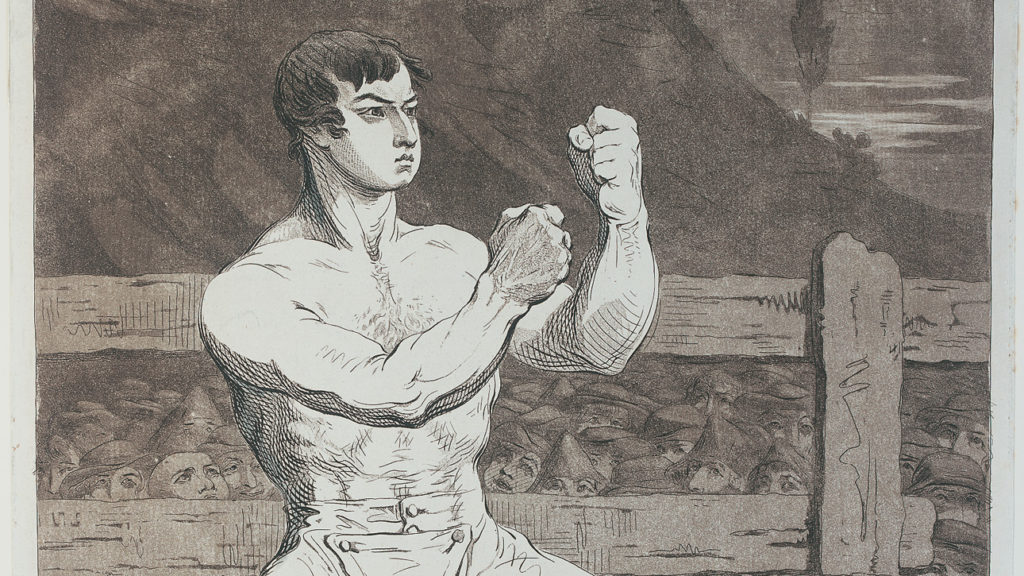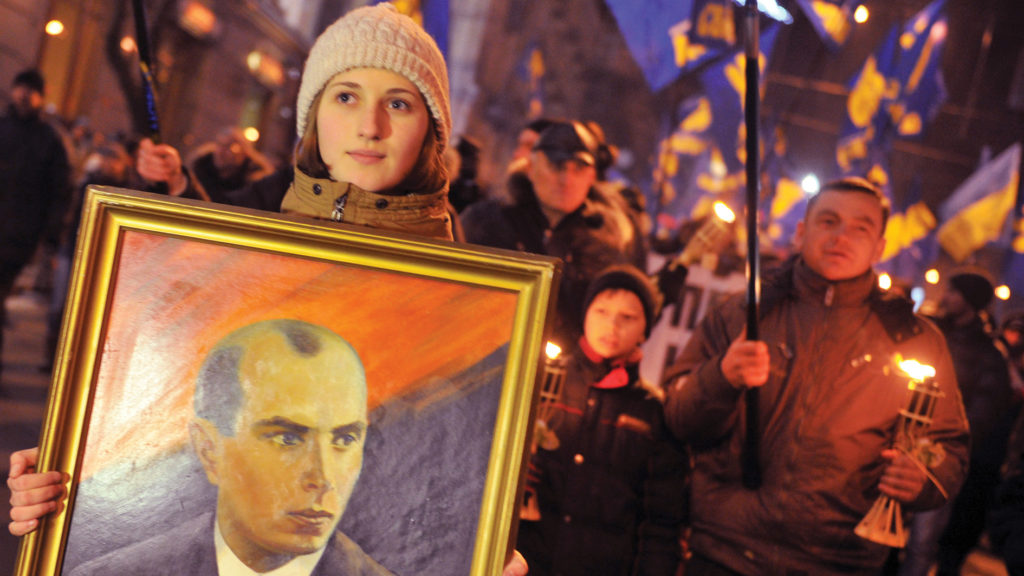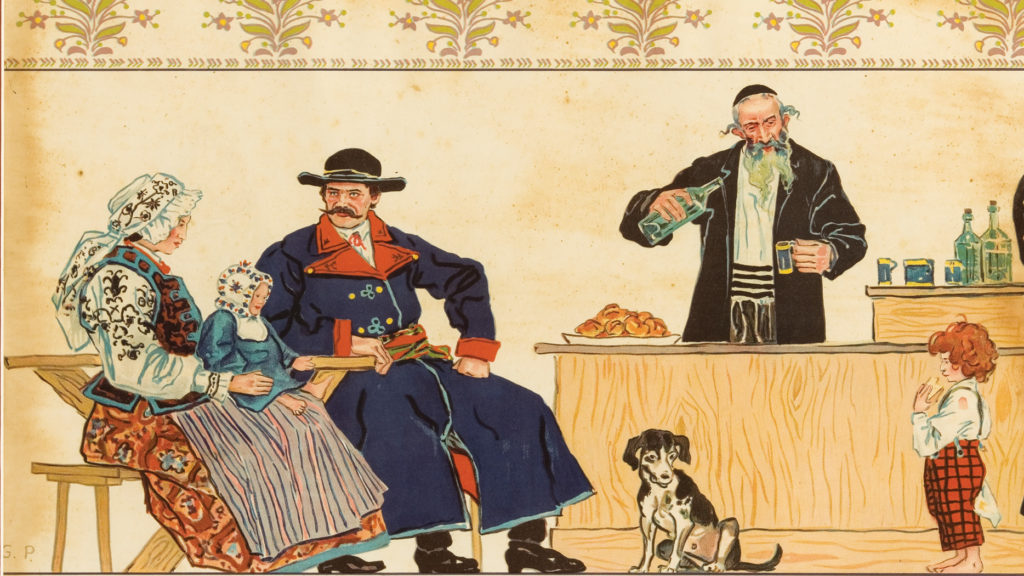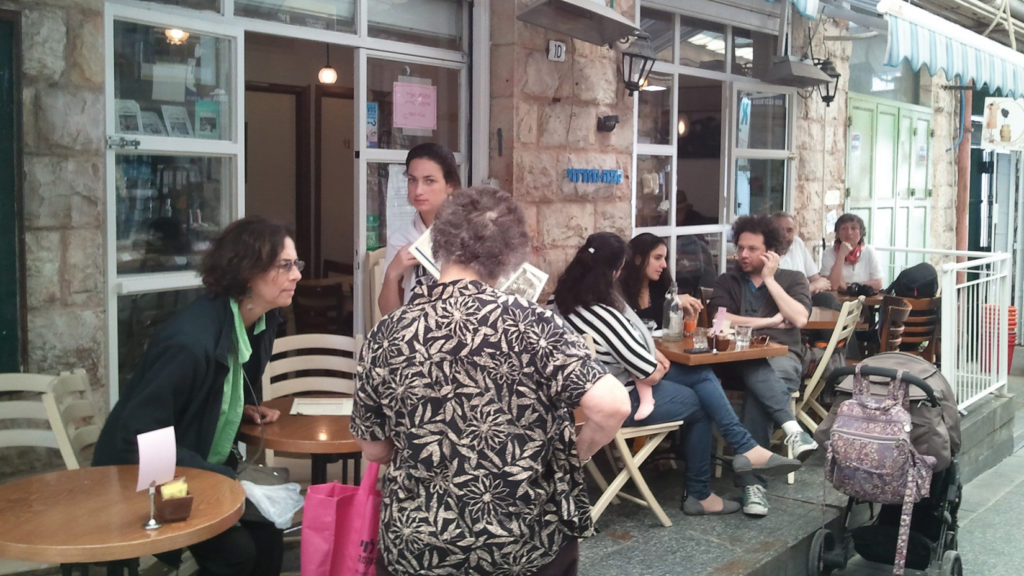Letters Fall 2014
Cardinal Dulles' Inspiration, Did Sacks Write a Sermon?, Heidegger v. Reason, & More
Like an Elevator
At the height of his fame in the 1930s, Stefan Zweig was the most translated author in the world. He may also have been the most hated.

Muscular Judaism
The history of Jewish boxers such as Daniel Mendoza in England is as central to understanding the entry of Jews into European society as the better-known and much-researched history of Jewish salonnières and intellectuals in Berlin and Vienna.

Neither Friend nor Enemy: Israel in the EU
After five years at the European Parliament, the author reflects on Israel's place in the discourse of the EU's chattering (and legislating) class.

Poland Is Not Ukraine: A Response to Konstanty Gebert’s “The Ukrainian Question”
Dovid Katz explores what it means to be a “good guy” and a “bad guy” in his response to Konstanty Gebert’s article on Ukraine and its Jews.

Poland’s Jewish Problem: Vodka?
Jewish-run taverns—rowdy, often very seedy drink-holes—served to cement, rather than sour, the impossibly tense and intertwined lives of Poles and Jews, as a new book by Glenn Dynner shows.
Sephardi Lives: From Ottoman Salonica to Rosario, Argentina
Singing women spark indignation in Salonica, a change of seasons in Argentina requires rabbinic expertise, and Jews in the Ottoman army get fat and happy.

Shaking Up Israel’s Kosher Certification System
On belly dancing, big government, and the issues of synagogue and state raised by recent attempts at kashrut reform in Israel.
Something Borrowed
Boris Fishman's debut novel A Replacement Life has a talented author, hefty themes, a clever and wide-ranging conceit, but somehow the whole is less than the sum of its parts.
Sometimes a Bag Is Just a Bag
Daphne Merkin's new collection is signature Merkin: funny, smartly written, and utterly self-indulgent.